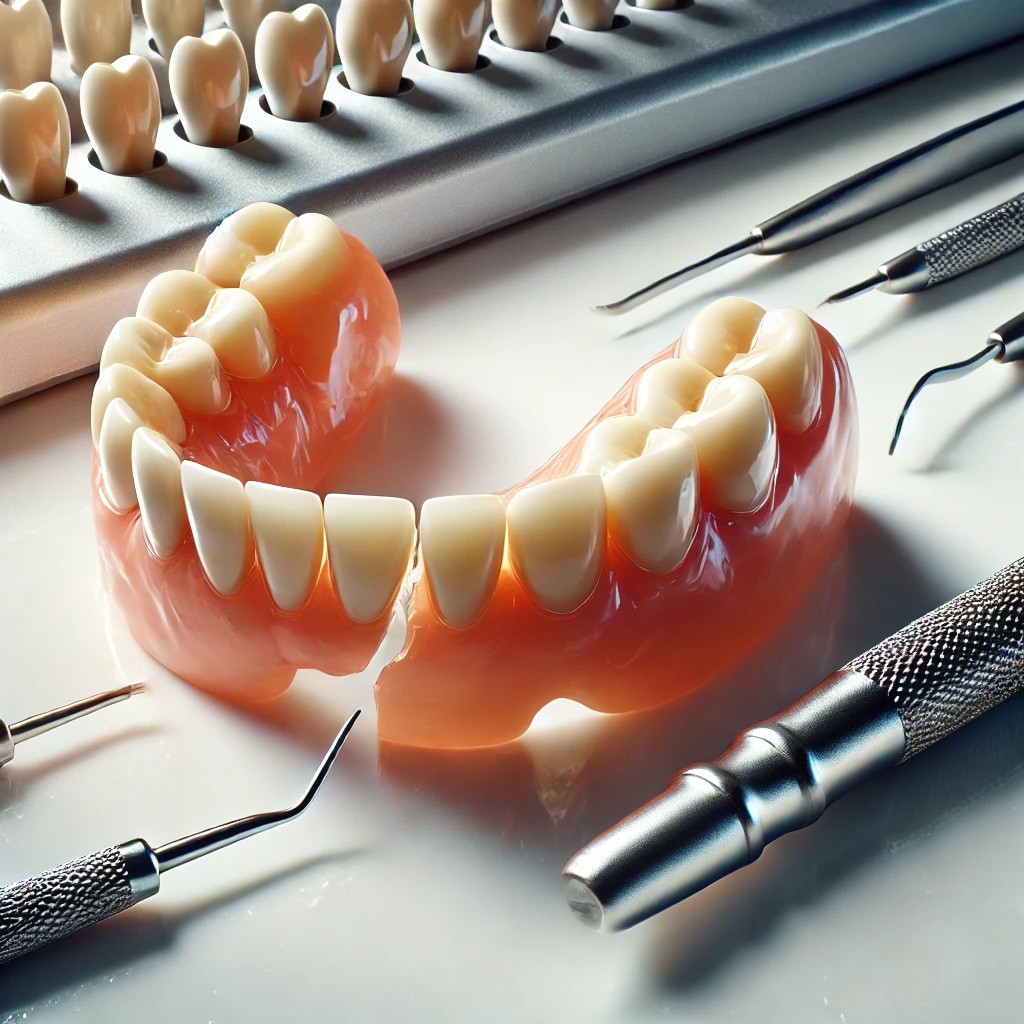
Denture fractures are a common problem, leading to costly repairs and discomfort for patients. Understanding why dentures break and how to prevent it can save both labs and patients time and money.
Common Causes of Denture Breakage
Best Practices for Labs
Patient Tips to Prevent Breakage
By using high-quality materials and ensuring proper fit, dental labs can minimize denture breakage. Educating patients on proper maintenance further extends the lifespan of their dentures.
Elevate your practice with our premium products, ensuring precision and excellence in every patient’s smile.